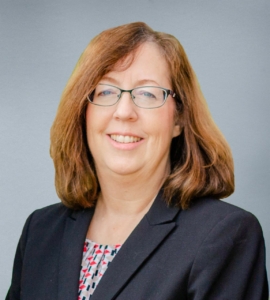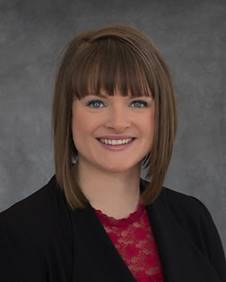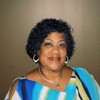
By Nicholas Felder, MidWestOne Bank, Lancaster
As the 2021 year wraps up and the 2022 year jets off to a roaring start, we, as bankers, prepare ourselves to renew partnerships with customers and prospects alike. Tasks we as bankers regularly undertake are innumerable. We look to assist with financial statement review & projection evaluation, and to challenge producers to look introspectively at their operations in both a macro– and micro-sense. We encourage them to work with their advisory groups more closely or, in some extreme cases, make changes to long-term partnerships that have gotten stale and now lack the drive for symbiotic gains. We assist in capital planning and the rationalization of purchases with 50% to 200% increases in cost if the item being acquired is available within 500 miles. We inquire about the stability of their internal labor force or challenges being faced by suppliers. We also tiptoe around the highly politicized COVID-19 discussion and hope the visit ends without it being brought up. All of this while making sure that family remains a priority in each of their lives. These interactions occur irregularly a few times a year to as often as weekly updates.
Commodity prices, weather and natural disasters, supply chain management, labor, interest rates, inflation (or sometimes hyperinflation), and on– and off-farm accidents all lead to increases in stress and anxiety for ag producers across this country. Farming is a lifestyle, a business, a legacy. Something that each will give every last breath to retain. One item that I believe is missing from our regular interactions with customers and prospects is a review of their mental health. The quality and future successes of both short– and long-term decisions are highly correlated to the mental well-being of the person making the decisions at that point in time. What can we do to assist in this aspect of our value-added services and increase the likelihood of success?
The Centers for Disease Control and Prevention notes that rural communities have nearly double the suicide rates of urban areas. It’s pretty obvious what are the two major contributors: 1) daily life and the stressors indicated above and 2) fewer mental health resources due to the rural nature of the communities where they reside. Bankers are often relied upon to act as sounding boards for all sorts of decisions and thought processes. Sometimes even dispute resolution between family or spouses. Successes and failures are not necessarily evidence of the current state of mental well-being and should not be assumed.
With COVID-19 and its resulting isolations from family, friends, and outlets for celebration or consolation, these noted stressors will have been layered upon one another over the past two years. If not appropriately mastered by the individual, this resulting onion will need to be delicately peeled away layer by layer by trained professionals. Newly funded (2021) partnerships of UW-Platteville & DATCP as well as a grant received by SWCAP and UW-Madison are looking to address the mental health needs of Wisconsin farmers and workers. These projects “seek to engage farmers, family members, workers, and the wide range of individuals that provide products, services, technical information and support to those in the industry who produce the food and farm products that keep us healthy and safe during these challenging times.” Farmers are the key to the economic health & success of the entire country as well as the health and success of everyone therein.
These resources can be found at: https://farms.extension.wisc.edu/farmstress
I challenge each of you to be an advocate for mental health this spring not only for each of your customers or prospects, but also for yourself. Make a point to review how people are feeling and connect those who may need additional assistance with the resources needed to be a productive, successful member of each one’s community.
Felder is vice president, commercial and ag banking, with MidWestOne Bank in Lancaster and currently serves on the WBA Agricultural Bankers Section Board of Directors.




 By Rose Oswald Poels
By Rose Oswald Poels

 By Hannah Flanders
By Hannah Flanders

